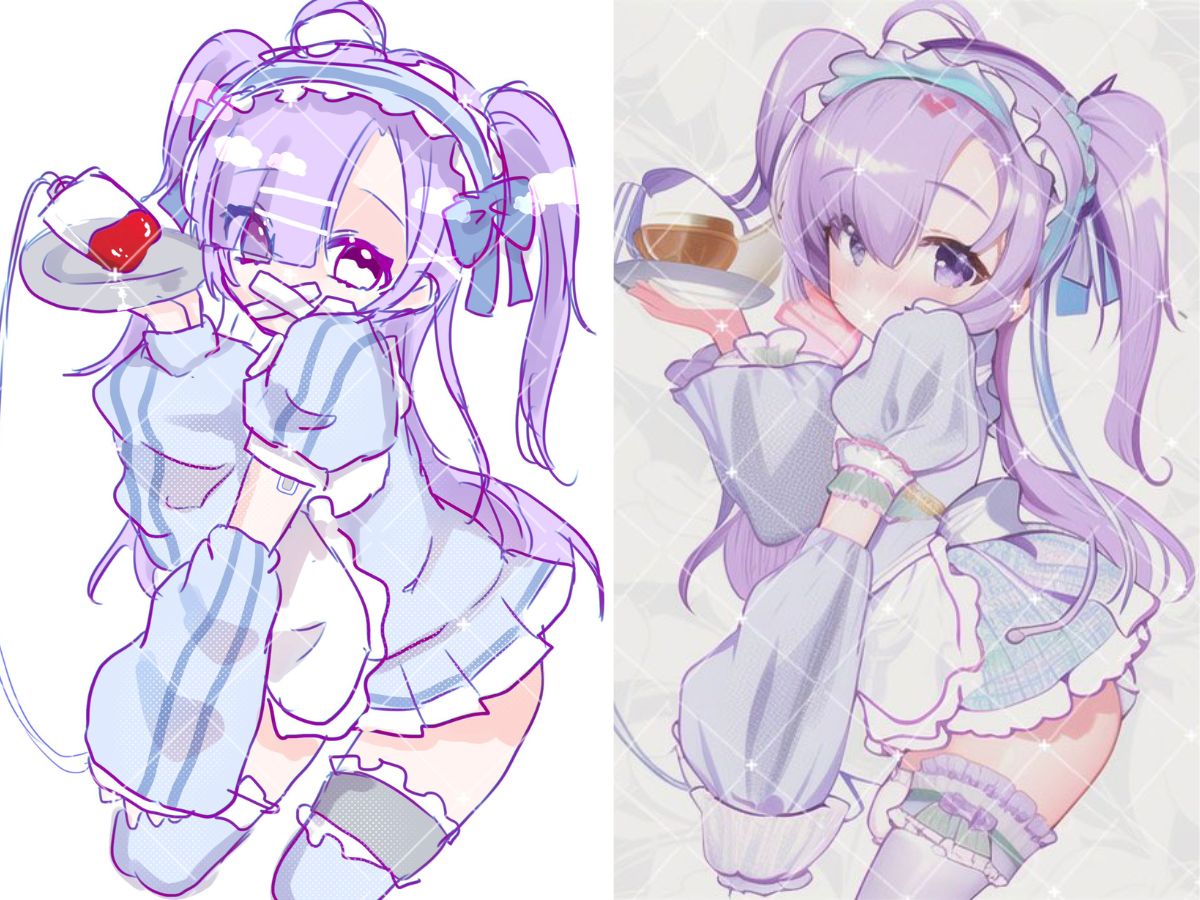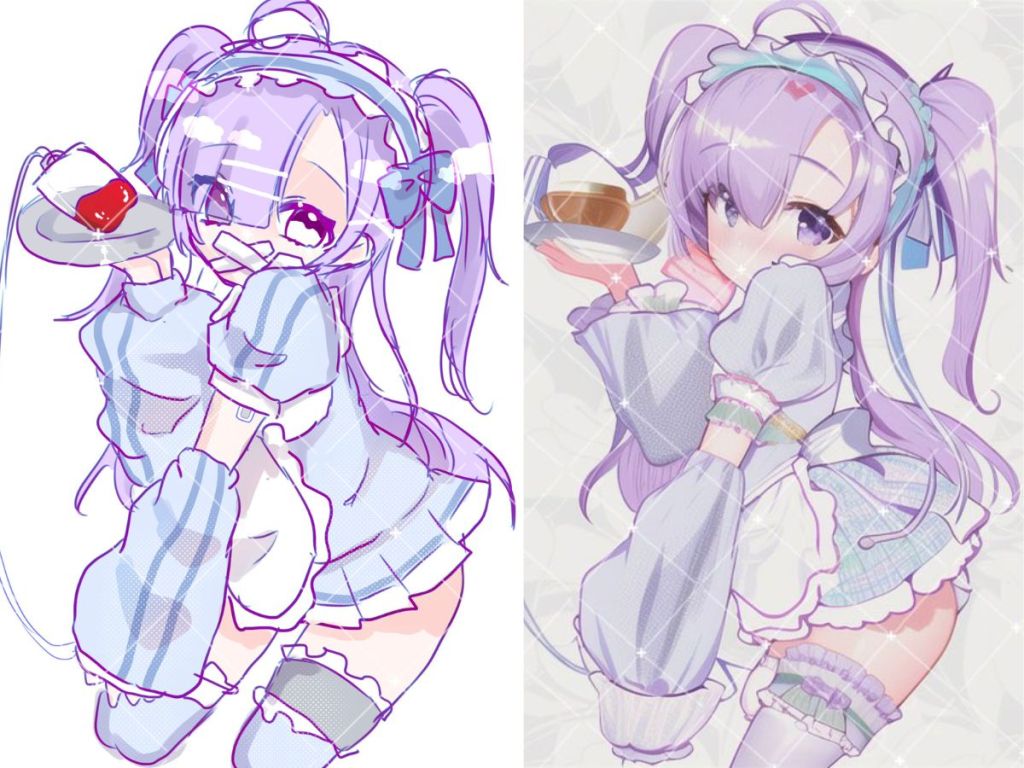A new type of scam is now spreading on social media thanks to easy access to AI art tools.
Scammers are taking advantage of digital artists and illustrators by requesting drafts or rough sketches with the promise of payment, then vanishing with the incomplete artwork. The scammers then use AI tools to “finish up” the drafts, and resell them online as their own.
Artificial intelligence to complete artist drafts
The case first came to light via “MKKT”, an anonymous digital artist from Japan. MKKT shared on X that they were approached by an internet user who wanted to commission the drawing of an anime character.
The artist claimed that the user asked for a “rough draft”, which they drew and sent with a watermark attached to the work. Typically, MKKT said, customers who are satisfied with the draft would then make full payment, and the artist would proceed with completing the artwork.
However, in this case, the artist said that their business model “backfired”. MKKT had communicated with the alleged scammer via DMs on X. MNKKT said the person’s account was swiftly deleted after receiving the draft sketch.
Not only did the artist not receive payment, they also found out that the alleged scammer had sent their draft to a third party as a complete and original work. Upon further inspection, it turned out that the initial draft had been fed into an AI system, and then “filled in” with a variety of colours and strokes.

“Please let me digest the feeling of wanting to hold a memorial service for my child (the artwork) … I really liked the design …” wrote MKKT.
AI-related scams
AI art generators like Midjourney and Stable Diffusion have made it possible for anyone to produce artistic work. At the same time, the affordability and relative ease of use has led to a rise in AI-related scams.
On Japanese social media, other artists in the community came forward to voice their concerns over the AI art scam.
“I’m very sad and feel pained to be beaten by AI,” wrote Aoi Nanase, a Japanese manga artist who published numerous popular works in the 2000s.
“I’m now under the impression that generative AI is only used for scams,” added Mokemoke Kokeko, a digital illustrator.
Experts also argued that the Japanese government’s current stance on AI favours “copycats” over artists. In June, the country’s guidelines for AI highlighted that AI model training does not violate copyright laws in the country. As such, the government would not enforce copyright infringement laws on data used in AI systems.
“The underlying problem here is that we’re not dealing with IP properly,” said Professor Toby Walsh, Chief Scientist of AI at UNSW.
“I compare this to the Napster moment, when we started streaming and stealing music. This was not sustainable and we had to move to a more sustainable process in which artists were paid for their content. We need to do the same with generative AI.”



